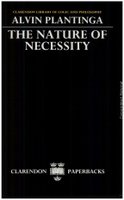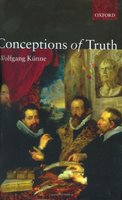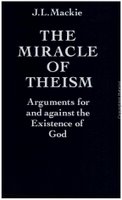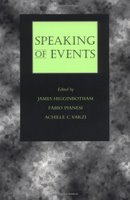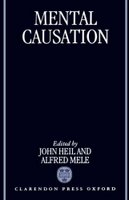
In 1970 I proposed a theory about the relation between the mental and the physical that I called Anomalous Monism (
AM).
1 AM holds that mental entities (particular time- and space-bound objects and events) are physical entities, but that mental concepts are not reducible by definition or natural law to physical concepts. The position is, in a general way, familiar: it endorses ontological reduction, but eschews conceptual reduction. What was new was the argument, which purported to derive
AM from three premisses, namely, (1) that mental events are causally related to physical events, (2) that singular causal relations are backed by strict laws, and (3) that there are no strict psycho-physical laws.
2 The first premiss seemed to me obvious, the second true though contested (I did not present arguments for it), and the third true and worth arguing for. Many readers have found my arguments against the existence of strict psycho-physical laws obscure; others have decided the three premisses are mutually inconsistent. But the complaints have most often been summed up by saying that
AM makes the mental causally inert. The criticisms are connected: if
AM makes the mental causally inert, then
AM apparently implies the falsity of the first premiss and hence the inconsistency of the three premisses. The third premiss seems to many critics the relevant offender, so they urge that it should be dropped.
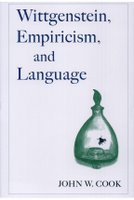 In his lectures during the 1930s Wittgenstein often commented on the difference between what he was doing and what previous philosophers had done. Yet despite these differences there were also connections, he said. Too often, I believe, the differences have been emphasized and the connections ignored, with the result that his work has been seriously misunderstood. I want, if possible, to rectify this situation.
In his lectures during the 1930s Wittgenstein often commented on the difference between what he was doing and what previous philosophers had done. Yet despite these differences there were also connections, he said. Too often, I believe, the differences have been emphasized and the connections ignored, with the result that his work has been seriously misunderstood. I want, if possible, to rectify this situation.









